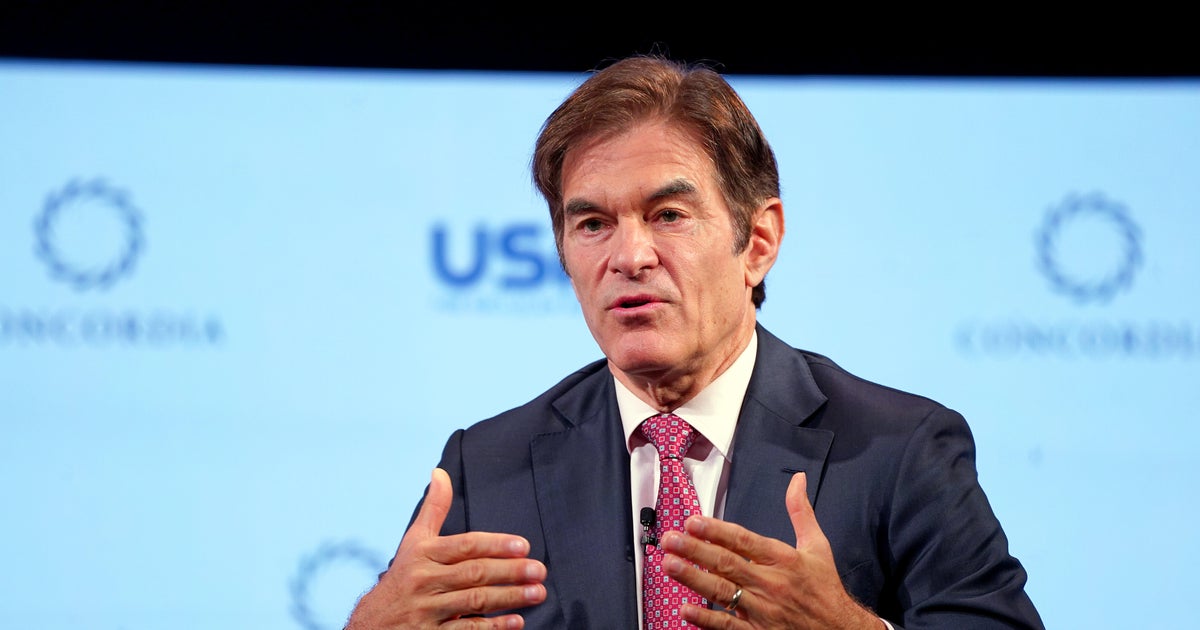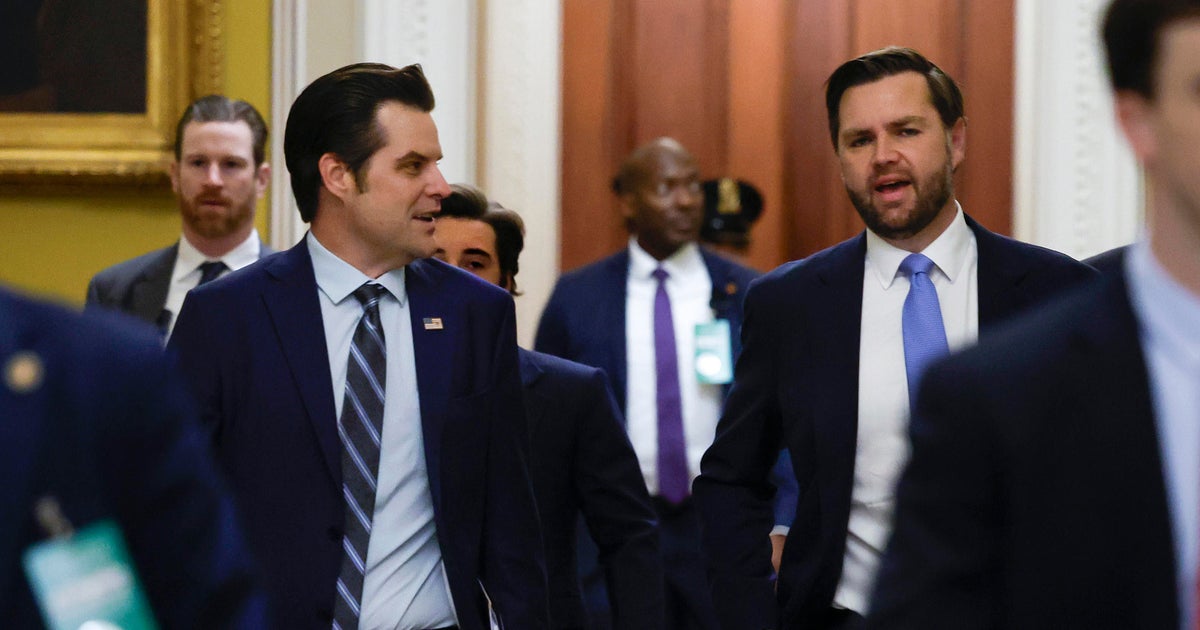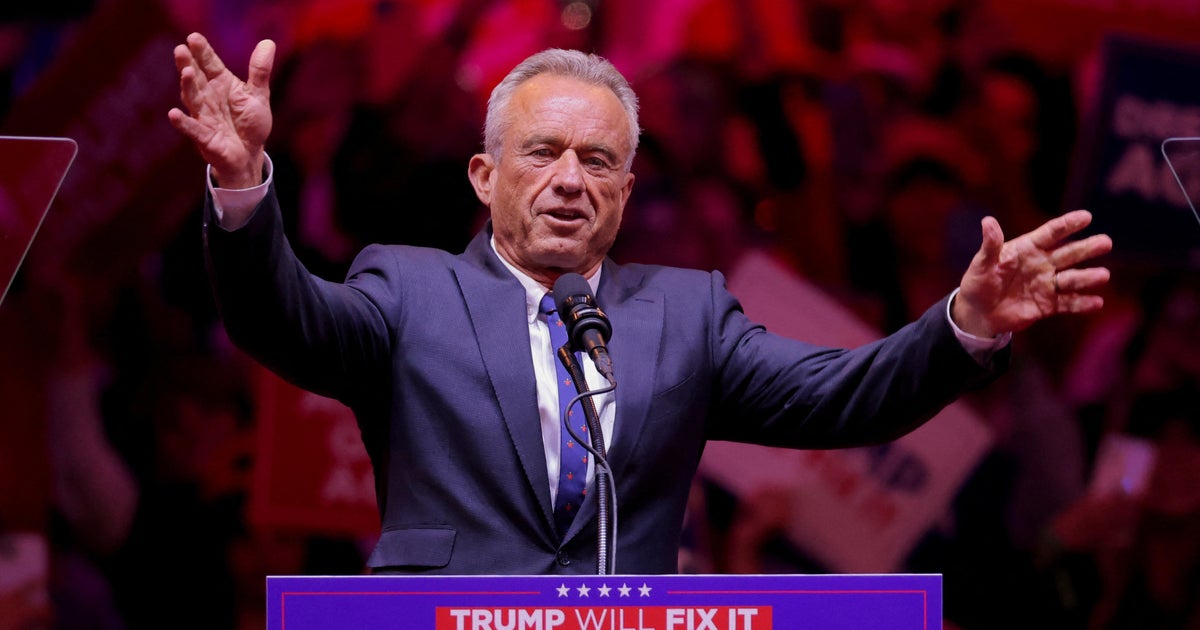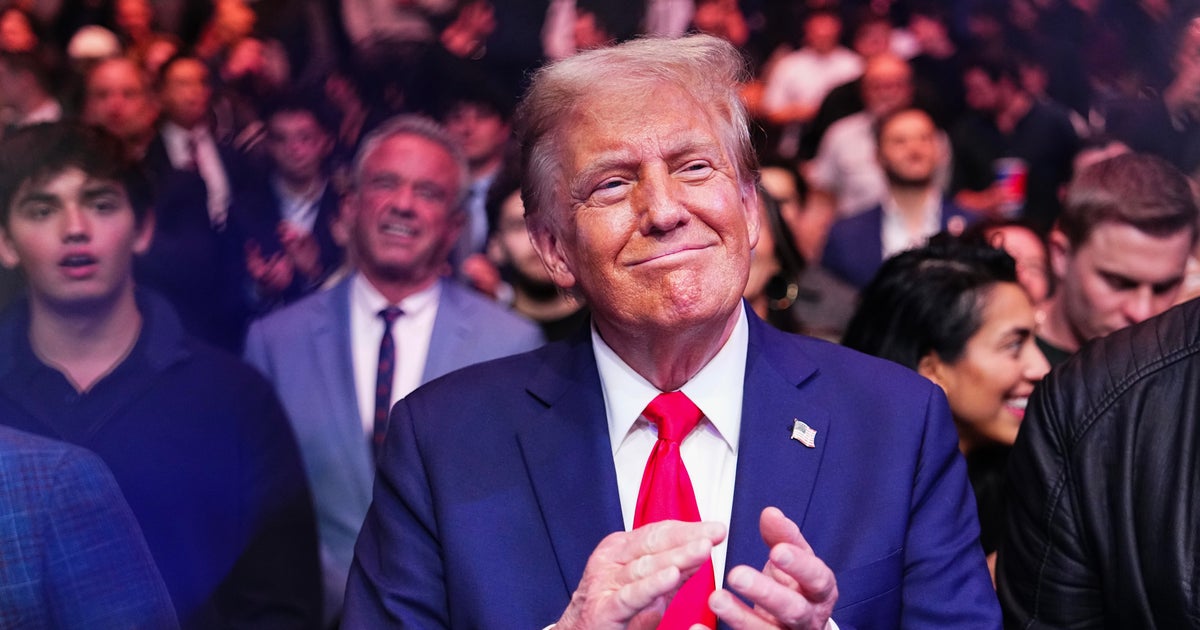Senate strikes $10 billion deal on COVID-19 relief
The Senate has struck a $10 billion deal on COVID-19 support and relief, Senators Chuck Schumer and Mitt Romney announced Monday.
The $10 billion will be allocated to the Department of Health and Human Services, $9.2 billion of which will go Biomedical Advanced Research and Development Authority (BARDA), according to Romney. Of that $9.2 billion, not less than $5 billion will go to research, develop, manufacture, produce, purchase, and administer therapeutics, and not less than $750 million will go to research and clinical trials for emerging coronavirus variants and to support the sustainment and expansion of vaccine manufacturing capacity, Romney said.
There will be another $10 billion in dollar-to-dollar offsets for "therapeutics and urgent COVID needs." That $10 billion will be paid for by repurposing unspent COVID relief funds.
The figure is less than half of the more than $22 billion the White House had requested, and doesn't include funding for global efforts to combat the virus. The Biden administration has insisted for months the funding is vital to continue to provide therapeutics and vaccines, should subsequent booster shots become necessary.
White House press secretary Jen Psaki issued a statement Monday urging Congress to pass the $10 billion in funding, even though it isn't as much as the administration requested.
"Every dollar we requested is essential and we will continue to work with Congress to get all of the funding we need. But time is of the essence," Psaki said. "We urge Congress to move promptly on this $10 billion package because it can begin to fund the most immediate needs, as we currently run the risk of not having some critical tools like treatments and tests starting in May and June."
The agreement will need the support of 60 members to pass the Senate.
Schumer, the Democratic Majority Leader, said he "disappointed" that Republicans could not agree to the $5 billion in global health funding.
"The international funding is something I feel is very important and will work to include in separate legislation," Schumer said. "We are all more vulnerable to a major breakthrough variant if we do not support the numerous other countries with lower vaccination rates and fewer resources than the United States."
Schumer wasn't the only Democrat disappointed in the deal. Coons, one of the lead Democratic negotiators, issued a statement Monday saying he would vote for the deal but he called it a "short-sighted agreement that contains not a penny to distribute vaccines around the world to prevent the emergence of more deadly and transmissible variants."
Romney, one of the lead GOP negotiators, said last week there was an "agreement in principle" on the COVID package.
"We've reached an agreement in principle on all the spending and all of the offsets," he said. "It's entirely balanced by offsets. And, but we just haven't got it drafted up yet."
Lawmakers left out COVID funding from a recent $1.5 trillion omnibus spending bill, so Congress pursued a standalone agreement.
Mr. Biden himself has recently sounded the alarm on the need for additional COVID-19 funding. The president said Wednesday the administration has already had to cancel planned orders to monoclonal antibodies and cut the supply that's sent to states. Last week, the president said the U.S. was on track to begin to run out of monoclonal antibodies by the end of May.
"This isn't partisan; it's medicine," Mr. Biden said Wednesday before receiving his second booster shot. "Congress needs to act now, please."




